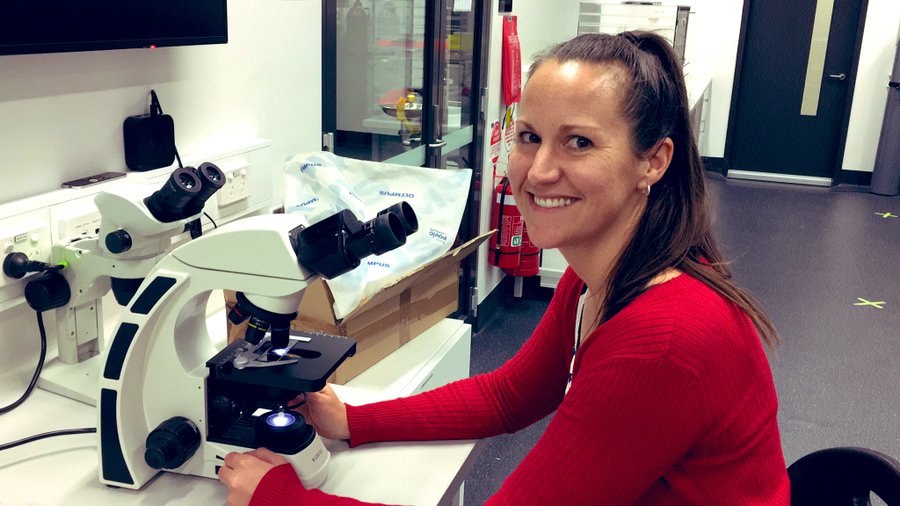Interview series: Dr Haidee Cadd
By Dr Annie Lau and Dr Lynda Petherick We are delighted to have Dr Haidee Cadd, research associate at the University of New South Wales, as the first interviewee in this new series. 1. Can you tell us about yourself, your research interest, and your career path? I am currently a post-doctoral research associate working…
Continue Reading